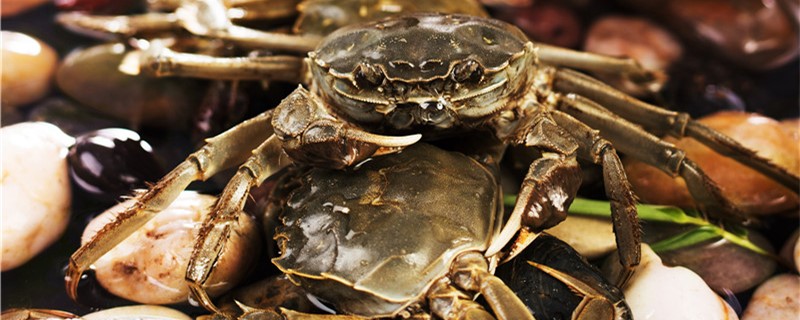
As an omnivorous animal, the crab has a relatively wide range of food intake. It can eat plankton, small fish and shrimp, algae, duckweed, and organic detritus. If it is raised by an individual, it can also be fed with some artificial synthetic feed. In this way, the nutrition will be relatively balanced.Do not feed it rotten things, although it has the habit of scavenging, but it may lead to disease, or even a large number of deaths.
1. Feeding frequency: The crab's metabolism is relatively slow. It will not die even if it is starved for a month. However, for its healthy growth, it is best to feed it every one or two days. If it is not fed for a long time, it will become thin and weak, and it will also increase the risk of disease.If it is a juvenile crab, the frequency of feeding can be faster.
2. Control of appetite: Crabs are relatively gluttonous, and have a large appetite, and their own digestive capacity is also very strong, so they must be fed enough, so that they can store excess nutrients, even if they do not eat for a short time, there will be no problem.But in the winter it will reduce feeding, so feed less.
3. Clean up the residual bait: Raising crabs, like raising fish, requires a certain amount of water. Feeding too much food will often spoil the water. Therefore, it is best to clean up the residual bait after each eating to keep the environment clean and sanitary, so as not to affect its health.
。